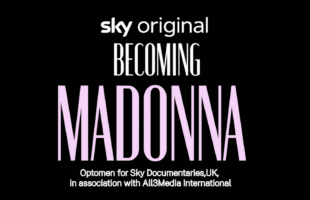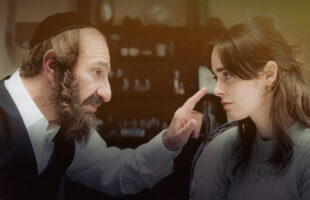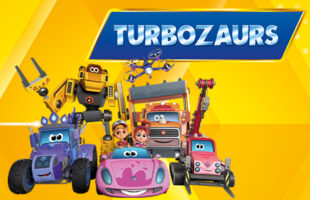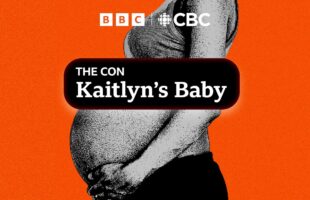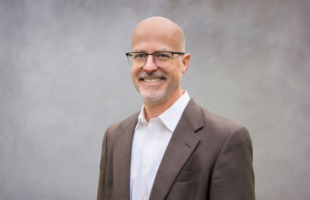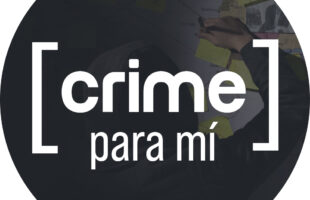Q: Let’s start with The Amazing Race Australia. What elements are you looking for when you cast the characters?
PY: You always want to have a bit of a shock value. But at the same time it needs to be something that people understand and it needs to feel as if it’s somebody that can be your friend. You engage with your audience because you need to have that air of familiarity; it could even be your next door neighbour. So it’s not always about the Goths or the b******!”
Q: How do you know that the person you cast can sustain the entire series? What are the risks involved?
PY: It’s really, really hard. As we go through the entire process, there are so many types of evaluations and assessments that we do to the point that we can roughly gauge at what point they are likely to last. And you have to measure that against the rest of the teams; which level of engagement do you have, and if they last to this point – what kind of TV are you able to get from them?
MC: And in a lot of ways that’s theatre because it is reality, and particularly with The Amazing Race, we’re quite hands off. But the challenges and the timing of things are “encouraged” or “directed” to create and make sure that those certain characters can come against other characters or situations that they will find daunting or find funny; or that the character is amplified. And that’s because we’ve done so much more before that to get into their head and to know how they react with each other as much as themselves. We can also get to a point where we can even count “3, 2, 1, reaction.”
Q: Take me through the casting process. What kind of process do you subject the characters to?
PY: Oh no, that’s giving away company secrets! (laughs) Okay, for any good casting person, you always have a very really good gut instinct. And in fact I would say that anyone on my team, within ten minutes of talking to a person or a couple, they should be able to tell you their sexual orientation, socioeconomic status, political views, religious views, as well as main fears and phobias.
Q: In conversations with broadcasters and commissioning editors, what are they increasingly asking for in terms of casting?
PY: It’s a bit different between broadcasters. I think one of the hardest things is when broadcasters are not involved. I actually love it when they are involved in the process so they won’t be shocked.
Q: Are there particular territories that are more difficult to cast than others?
PY: Singapore is one of them. They are just very restrained, just so used to being confined; follow the book and don’t speak your mind. It just feels like we’re practicing selfcensorship before that even needs to happen and that’s unfortunately very common. If you compare some of our Singaporean cast against some of our more flamboyant ones – usually the ones from India, The Philippines; it’s really very different. Also, any country that does not have access to international media generally will be difficult as well.


